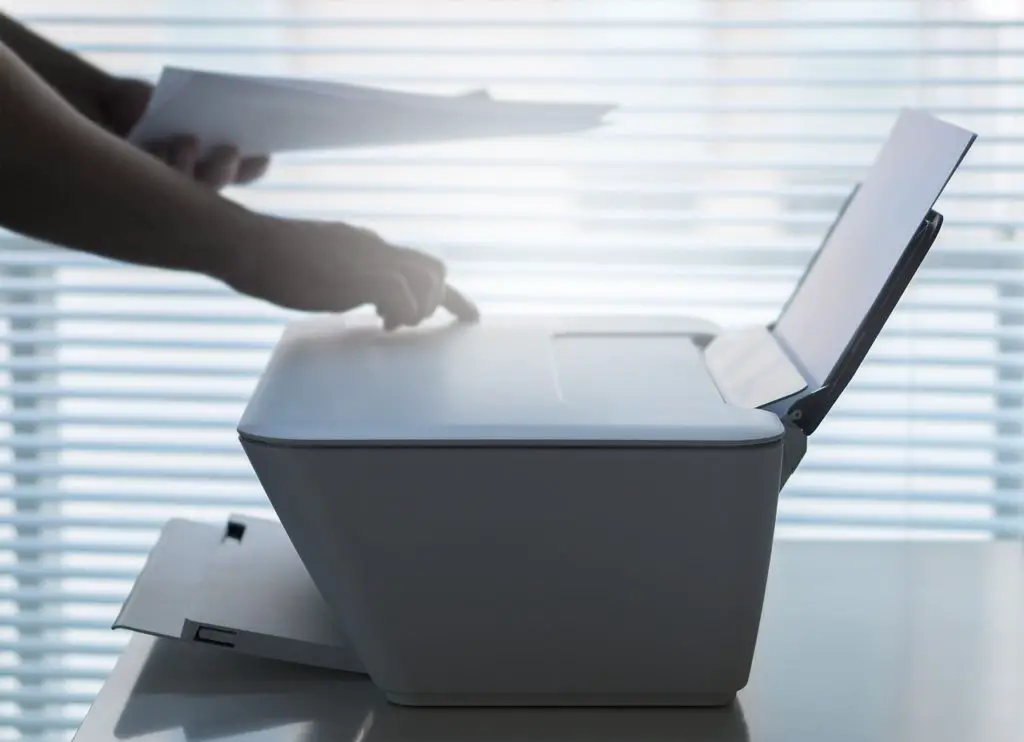Last Updated on 08/02/2017 by GS Staff
[otw_shortcode_dropcap label=”Q:” size=”large” border_color_class=”otw-no-border-color”][/otw_shortcode_dropcap] Why do mortgage lenders need bank statements?
[otw_shortcode_dropcap label=”A:” size=”large” border_color_class=”otw-no-border-color”][/otw_shortcode_dropcap] It may seem like mortgage lenders request an abundance of documentation when you are applying for a mortgage. One of the many documents that you may be required to provide are bank statements. It is not often just one month, but two or potentially more months of bank statements. But, why do lenders need bank statements to qualify you for a mortgage?
There are a few reasons why bank statements may be required. Let’s take a look at a few circumstances:
Cash To Close
Many loans require that you bring money to the closing (usually a bank cashier’s check) for the amount that you owe to close the mortgage transaction. This money usually goes to cover things such as your closing costs and/or the down payment. The lender will request bank statements to verify that you have the cash to close in a bank account or other allowable asset account.
Reserves
A lender may require that the borrower have a certain amount of reserves verified in a bank account. The amount required can vary from lender to lender and may depend on the strength of things like your credit, your debt in relation to income, and the amount of equity in the property. The lender may not require verification of reserves if you have a strong credit or financial profile. If the lender does request verification of reserves, they are doing so to confirm that you will have money left in the bank after the closing to handle additional debt payments should they arise. Essentially, a person with reserves is less of a risk to the lender in terms of potential default than someone without any money saved.
Proof Check Cleared
Bank statements can be used by a lender to verify that a check or other funds have cleared your account. For example, on a purchase transaction it is common for a borrower to put an earnest money deposit (EMD)on the property. Lenders may require proof of the EMD and evidence that it cleared the bank account. The lender may request the uncancelled EMD check and the bank statement showing the check cleared the account.
Receipt of Income
In some situations, a lender may accept bank statements as proof of receipt of income or payment to you. For example, if you are receiving child support, a lender may request proof that you have been receiving the payments for at least the prior six months. Some lenders may accept six months of bank statements showing the regular deposit of child support as proof of receipt.
Payment of Debts
In certain circumstances you may have a debt debt associated with you where someone else is making the monthly payments. For example, let’s assume you have a car payment in your name but your best friend, who is not involved in the mortgage transaction, has been paying the car payment for the previous two years. The lender may accept bank statements from your best friend showing she has been making the payments. The debt would then not be counted against you for mortgage qualification purposes if permitted by the lender.
Additionally, there are cases where a borrower will pay off a debt during the mortgage process. A lender may request bank statements to show that the borrower has paid off a debt from his own funds.
Receipt of Gift Funds
Some people are fortunate to receive gift funds (cash) from a relative or another allowed party to help them close a mortgage loan. Often times lenders require the borrower to provide evidence to show the receipt of these funds. Lenders may allow bank statements to be used to show that the borrower received the gift in their account.
Conclusion
The above are some of the examples where a lender may request bank statements. Remember that each lender is different and may rely on their own guidelines for lending purposes. One lender may require bank statements for a particular reason whereas another may not.
If you have questions or concerns with the documentation to provide your lender, you may want to consider working with mortgage broker/loan officer who can provide you with guidance. They are commonly familiar with the different lenders’ guidelines and can tell you when or when not to provide documentation such as bank statements.

